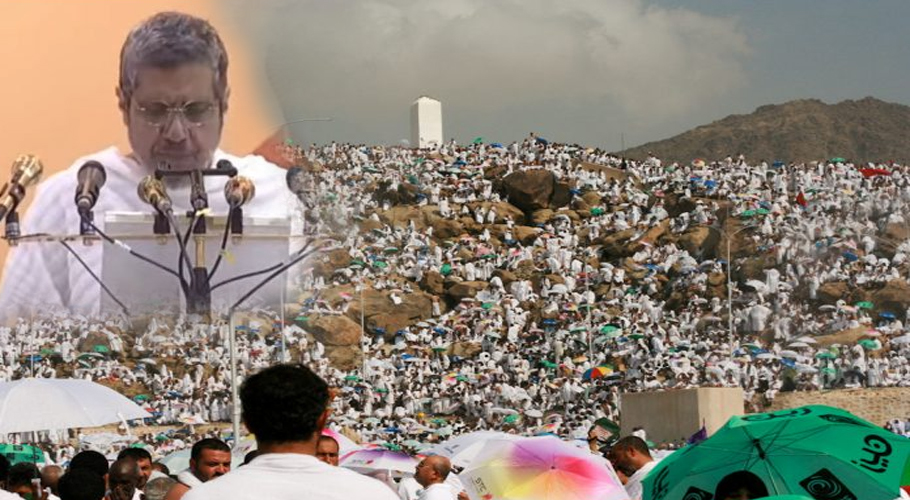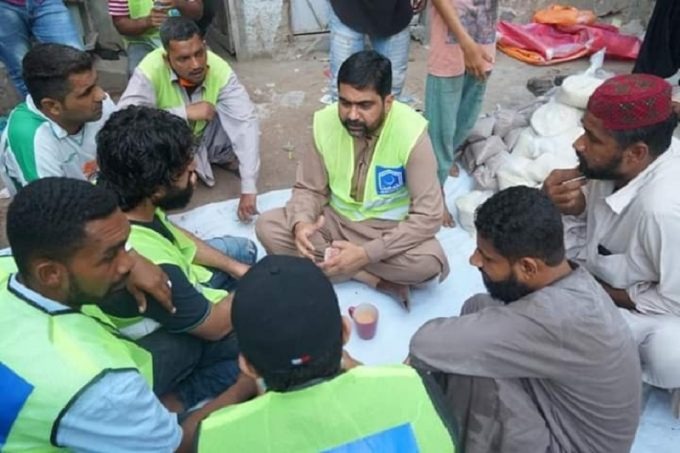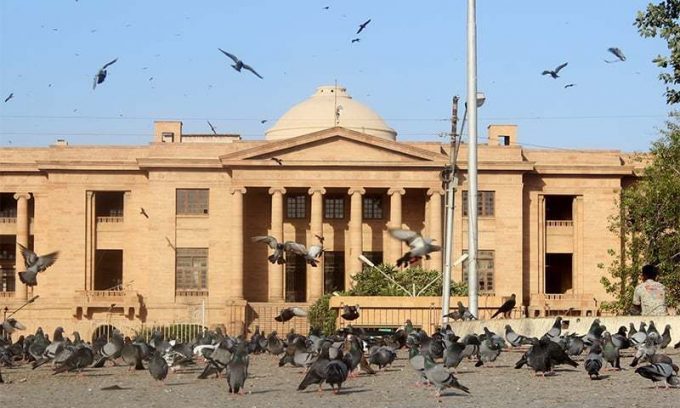The Supreme Court has reserved its decision on the pleas against the review of judgements law, and said it will be announced soon.
Earlier, the court resumed hearing in the election commission’s review plea on the court’s verdict on the Punjab polls case, and also took up petitions against the review of judgements law.
The petitions were heard by a three-member bench headed by Chief Justice of Pakistan Umar Ata Bandial.
Attorney General for Pakistan Mansoor Usman Awan resumed his arguments, saying that under Article 188, the court has the power to review a judgement and for that no limit has been fixed.
The cases and appeals under Section 184(3) cannot be treated the same way, he further said.
The CJP asked how review petitions and appeals can be treated the same way, saying the court has to take facts into account as well.
The AGP said there are several court decisions on the legislative power of parliament, adding there is a separate jurisdiction for review in cases under Article 184(3).
The perception of exploitation of some people through the right of review appeals is not correct, he further maintained.
The CJP asked how the entire constitution can be ignored for a constitutional issue.
The AGP told the court there was no option for a review in cases under Article 184(3) before the law under consideration. He added that no one has been exploited by the legislation.
CJP Bandial remarked that a decision on giving the right to appeal in cases under Article 184(3) will have to be taken after thorough deliberation.
Justice Muneeb Akhtar asked if the AGP wanted the court to delete the word appeal from the law.
The CJP noted that in a review plea, an error in the decision will have to be pointed out first, and the same goes for an appeal.
“You are talking about rehearing the case, there must be some grounds,” CJP Bandial said, and admitted that there should be a remedy against 184(3).
He however said that the grounds for offering a remedy have to be clearly defined, adding the court invokes the jurisdiction of Article 187 when it sees injustice.
“The court does not have to announce for invoking Article 187,” the CJP observed.
It has been declared in the Imran Tiwana case that the law will not be annulled without concrete reasons, the AGP commented.
If there are any doubts, the decision will be in favor of the challenged law, he added.
The AGP completed his arguments and requested to dismiss the petitions against the review of judgments law.
He maintained that the law did not interfere with the independence of the judiciary, adding if someone had an objection to the law, they could have gone to the high court first.
“This law is directly related to the powers of the Supreme Court,” Justice Akhtar observed, asking if SC as not the relevant forum to challenge the law.
The matter had to come to the Supreme Court even after passing through the high court, the AGP said.
When the election commission’s lawyer Sajeel Swati took to the rostrum, the CJP noted he was not even a party to the case.
Justice Akhtar observed that the federation had to submit a response, which it did. The CJP asked him to submit his arguments in writing.















































